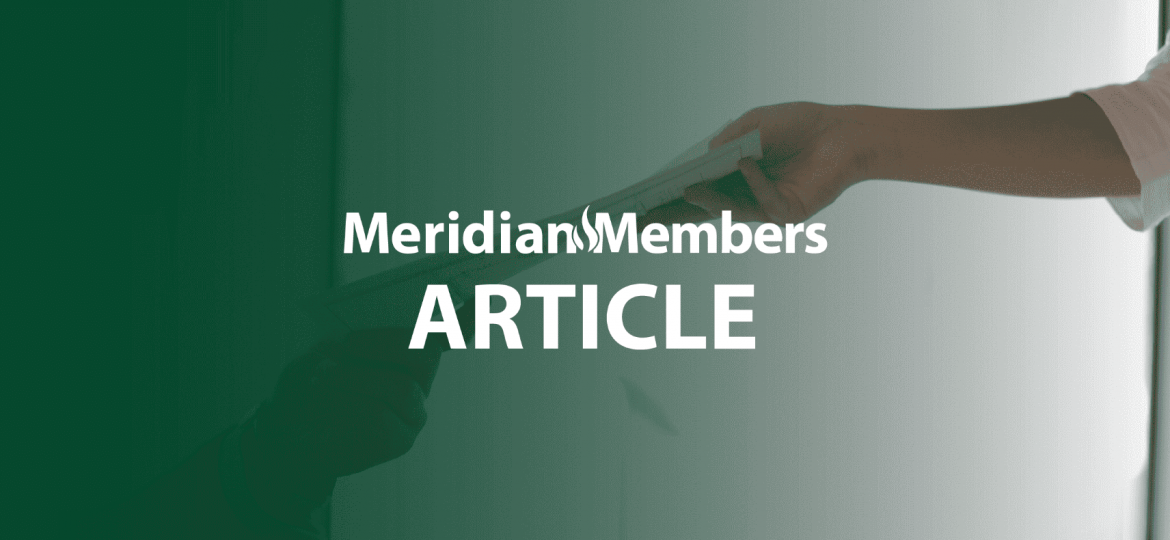
Two marketers were at a meeting. The speaker was talking about negotiating better fuel prices. One older marketer, head of a company in business for over 60 years commented that the speaker was full of hogwash. You can’t get branded fuel at a discount.
Two chairs down was another marketer, in business for less than 15 years, with the exact same brand as the older gentleman, who happened to pull fuel from the exact same rack. Only he had negotiated what worked out to about a half-penny discount.
How do I know this? Because I was the speaker and the younger marketer told me later that day! The marketer who had negotiated the discount didn’t want to say anything publicly, show any disrespect or embarrass his fellow marketer. Of course, he also didn’t want to publicly tip his hand on his special deal!
Working diligently behind the scenes as a consultant and petro business valuation expert, when analyzing financial statements, I see the effect of both branded and unbranded negotiated deals. One of my M-Power™ clients laughingly told me a while back that he finally snagged some discounts, something he adamantly told me couldn’t be done when he first came into our executive and team coaching program.
So, by now you’ve likely lived enough years to know there really are no tricks in this business, and the fact that you are reading this means you are already a top marketer, so all you’ll do is check to see how many of these seven sound suggestions you are using to help you get better fuel pricing. And with any luck, you might grab at least one good idea!
1) Know the fuel logistics for your proximity racks. Steven Covey said “Seek First to Understand.” Nothing could be more important in fuel negotiation. Know the logistics and which suppliers are normally long or short on product, concentrating your negotiation effort where it has the best chance to pay off. Be alert to new providers, blending possibilities (be zealous about product integrity) and conversely, know when refiner maintenance and planned shutdowns are scheduled.
2) Redefine “proximity” racks. Many marketers have cut deals by expanding their pull point area. When you can get as much as 3-4 cents advantage, it could be worth the extra miles or engaging alternative trucking options. For example, I have a Colorado-based client who expanded his pull points into New Mexico because the economics worked; even with all those extra miles.
3) Expand storage. Whether that’s through above ground tanks, buying more retail units, contracting more dealers, if you can move major amounts of fuel quickly, you will have advantage. I was with an M-Power™ client at one of our special CEO retreats not long ago and he shared a text he had just received offering a 15 cent discount if he could move X gallons by 5 PM. Wow!
4) Build relationship and credibility. The reason my CEO got that text and his competitors did not is because he had built a relationship with the guy who actually controls supply for that brand. And when he commits to moving product, he does exactly what he says he’ll do. Be warned. One commitment hiccup will destroy trust and it could take years to get that trust rebuilt if ever.
5) Make your discount request in person, eye to eye. One of my M-Power™ company execs was getting pretty frustrated. His company was located in a long supply market, he kept asking for deals, and nothing was popping. He put a three-person team on an airplane, flew to the refiner’s headquarters, met with supply and credit and came back with a sweet win-win deal that has put good-size six-figure annual gains into his bank account. Well worth the time and effort.
6) Think beyond just price. As you negotiate, there is more than just price to consider. For example, custom price change timing can be set where a supplier commits time beyond their “normal” price movement time. For instance, if a refiner normally changes at 6 PM, you could negotiate your price holds through midnight. Of course payment terms are fully negotiable, including prompt pay discounts or extended terms.
7) Redefine “supplier”. Fundamentally, all you care about is lowering your costs providing you have quality and brand assurance. Who you buy from does not matter, so, consider buying from another jobber/marketer in your area. Don’t let pride keep you from gaining an extra penny or two! Direct competitors can make for strange bed fellows at first, but interesting and beneficial mergers have sprung from teaming up on fuel purchasing.
Now these seven have focused on buying rack product. There are certainly tons of other ways to lower costs including, but not limited to, non-speculative hedging (Powerline’s clients were getting 15 cents-per-gallon rebate checks this spring!), pipeline positions and spot buys, etc. But I find that most Meridian clients, once they get rolling with rack deals, do great and feel comfortable in that environment.
Finally, don’t let initial lack of success stop you. I’ve known marketers where it literally took a couple of years building volumes and building relationships before they landed great deals. Stay persistent, come from a win-win position, and you will conquer and enjoy the spoils like most of our clients. Want to know more about what we can for your business? Check out all our services at www.askmeridian.com.

